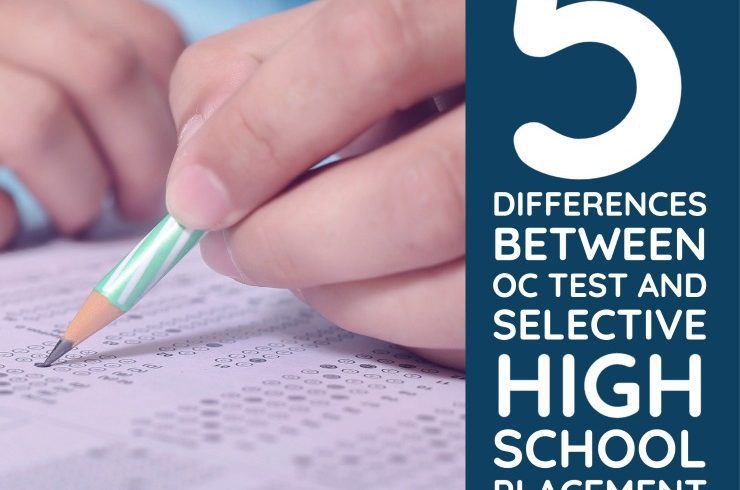Do you know that employers of top companies look for employees with problem-solving and critical thinking skills? This means to secure your future with a reputed organization, it’s important to possess thinking skills. It’ll be too late to develop these skills when you reach the college level. That’s exactly why selective schools have shifted their focus to designing OC tests and selective tests with questions related to thinking skills to assess the thinking capacities of students.
Peter Ellerton (Lecturer in Critical Thinking) says – “Thinking skills or cognitive skills are, in large part, things you do with knowledge”. So, thinking skills is a comprehensive term for mental activities such as processing information, connecting concepts, and making decisions.
As per NSW Education, thinking skills are important as they create a foundation for lifelong learning and are extremely important to move ahead and enrich your career. With the introduction of AI and Machine learning, security threats have become a cause of concern. The thinking skills combined with the knowledge that helps come up with a solution to these threats.
Selective tests or OC tests mainly focus on critical thinking and problem-solving. You need to understand here that both are not one and the same.
Difference Between Problem-Solving and Critical Thinking
Problem Solving:
It is the skill to identify, analyse, and solve a particular problem/situation. This kind of question will require students to understand three important things:
- Relevant selection: It involves extracting the right information and ignoring redundant information.
- Finding procedures: In this type of question, students need to figure out a procedure to arrive at a solution. Mainly, it includes logical deduction and mathematical problem-solving techniques.
- Finding similarity: Students have to identify similarities between information and objects. Such questions will have similar data but a few missing information the student must identify.
To practice more problem-solving questions, the best way is to do a lot of selective trial tests available online. It will give you in-depth insights into how to apply your thinking skills to arrive at a solution. Most importantly, you get to know the types of questions that’ll be asked in the exam.
Critical Thinking:
For selective school tests, critical thinking is important because it tests the following components:
- Conclusion identification
- Drawing conclusions
- Identifying assumptions
- Detecting flaws in an argument
- Finding matching argument
- Applying logic/principles that underline an argument
Unlike the general ability test, thinking skills questions will need more time and effort to solve. Also, you need good practice, or it’s impossible to master thinking skills. That’s the reason why students should focus on selective test preparations with sincerity and dedication. One of the best ways to crack the thinking skills test is to try your hands-on practice question papers. They give you huge insights into the difficulty level of the exam, the type of questions being asked, and also master the art of time management.
Tips to Ace Thinking Skills in OC Test
Now that you have a solid understanding of thinking skills tests let’s quickly take a look at the preparation tips you can follow.
- Have a clear idea of the topics that’ll be asked. Mainly it covers four topics: logical reasoning, non-verbal reasoning, logical deductions, and mathematical reasoning.
- Learn the art of time management because the time allotted for each section is limited. So if you divide the questions by the total available time, you have just a few seconds to answer each question.
- As already discussed above, you must practice hard to clear OC and selective tests. No matter how good you are at strategizing and time management, you won’t be able to do it without practice.
In a nutshell, to ace the thinking skills section, one needs to have a good understanding of the exam as well as needs to have a solid preparation. Practice and preparation are prerequisites to crack this section and ace the test. Factors such as attentive reading, time management, vocabulary, techniques of calculation, etc., will go a long way and help you achieve the best score.










tlovertonet
Pretty! This was a really wonderful post. Thank you for your provided information.